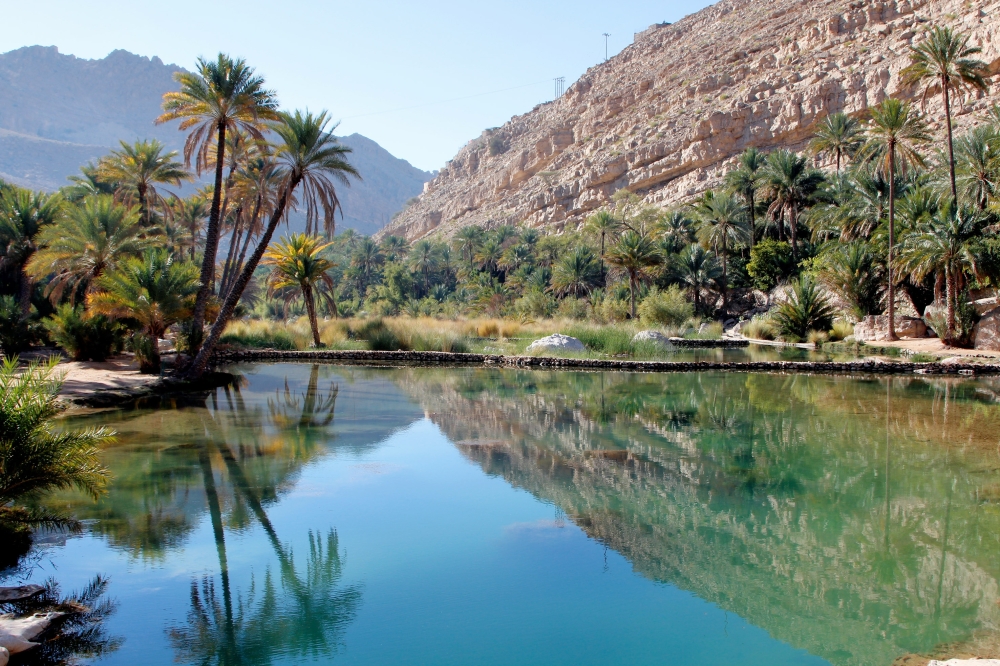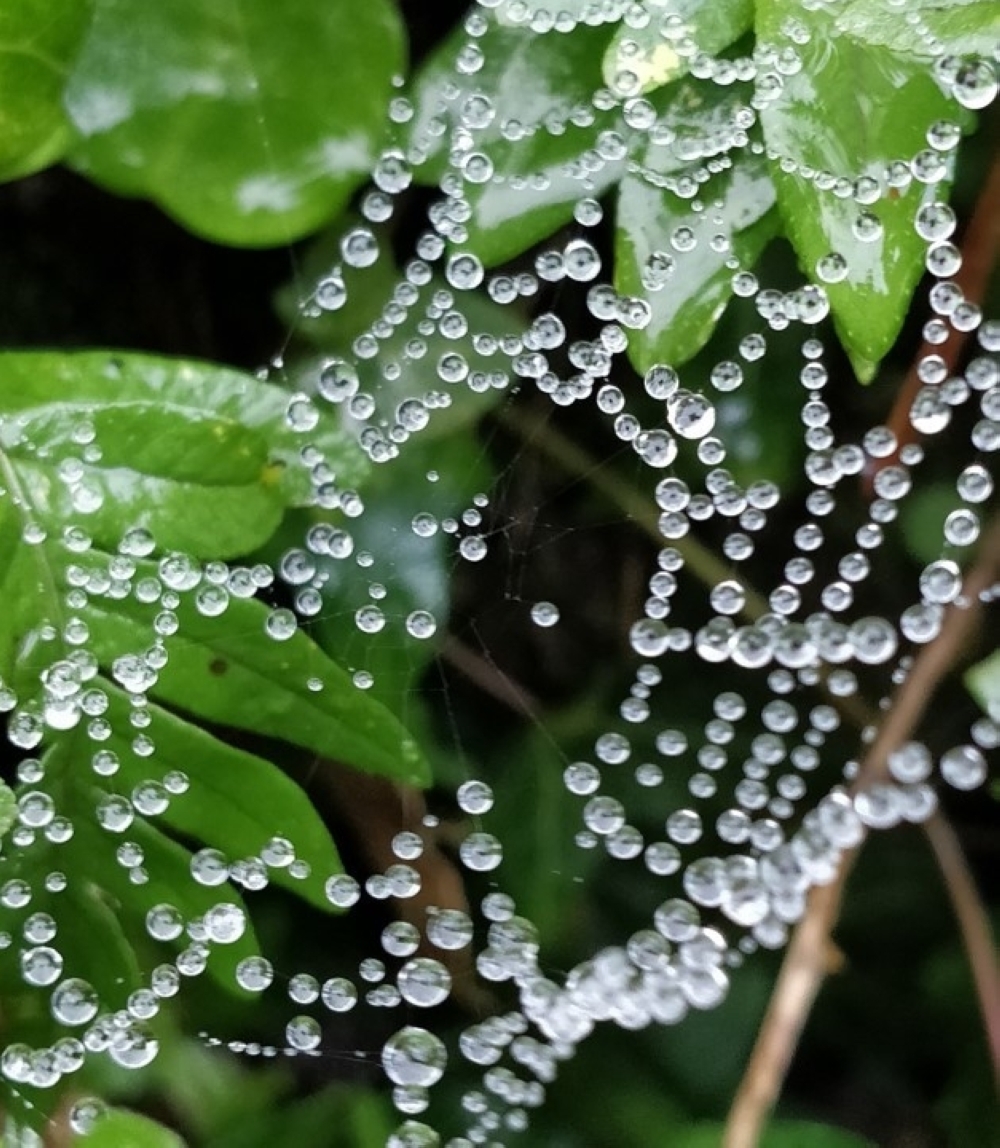

A proverb is a simple and insightful, traditional saying that expresses a perceived truth based on common sense or experience. Over two thousand years ago the Greek philosopher Zeno said: The goal of life is living in agreement with nature. Nature understood that too much exposed carbon would destroy her work. So she placed it into places of safekeeping in the ground and the seas allowing all flora and fauna to live healthily. Mankind’s ignorance and greed has allowed the carbon to escape, to the detriment of all. Ancient proverbs show that much we have learnt from nature about a sustainable world has been forgotten, but which may be relearnt before it is too late.
Nature has finally retaught mankind that to survive it must put the carbon back where it can do less harm. But only a rapid move to a sustainable world can hope to redress this self-destruction. Sustainability in all things from water and food, through housing and shelter, to industry and the economy must be managed in a manner which at least allows parity of give and take between humanity and nature.
Oman is a leader of the move towards sustainability which was showcased at Oman Sustainability Week in March this year and aims to be an even greater event in 2024. Oman’s current and future ideas are encompassed in the 2040 Vision of which one of the Pillars is “an environment with sustainable components”.
The importance of water is key in sustainability and there is an Omani proverb which says, “Live near water and worry not of sustenance”. There are many lessons from nature in this simple saying. Two of the important ones are that first water is the most important aspect of life, and second that it is better to live where the water is than attempting to override nature by taking water to where you wish to be. Over five hundred years ago Leonardo Da Vinci said, “water is the driving force of all nature”.
The expression “give a man a fish...” originated in Britain in the mid-19th century when Anne Isabella Ritchie, the daughter of William Makepeace Thackeray, wrote this line in Mrs Dymond: "He certainly doesn't practise his precepts, but I suppose the patron meant that if you give a man a fish he is hungry again in an hour; if you teach him to catch a fish you do him a good turn."
The common sense here appears twofold. First is that to be efficient you must look ahead and second that teaching is a vital aspect of development. More important than the act of teaching is of course the learning. “The acquisition of knowledge is from the cradle to the grave”. Humanity must once again seek all knowledge of value rather than that of flim flam.
A lack of sustainability in the human world has created a crisis of dire consequence. Crises often affect people without them knowing the causes, and a lack of awareness is not compatible with the need for preparation and action. Proverbs show that all that is needed for a sustainable world has been signposted by nature and understood by those willing to learn. We need to widen the teaching and apply the knowledge.
Look deep into nature, and then you will understand everything better: Albert Einstein
[The author is the Owner and Founder of Mayamn, a project which aims to provide clean water sustainably and is currently engaged in this project for Oman. Email: matt305@translucidus.co.uk]
Oman Observer is now on the WhatsApp channel. Click here




